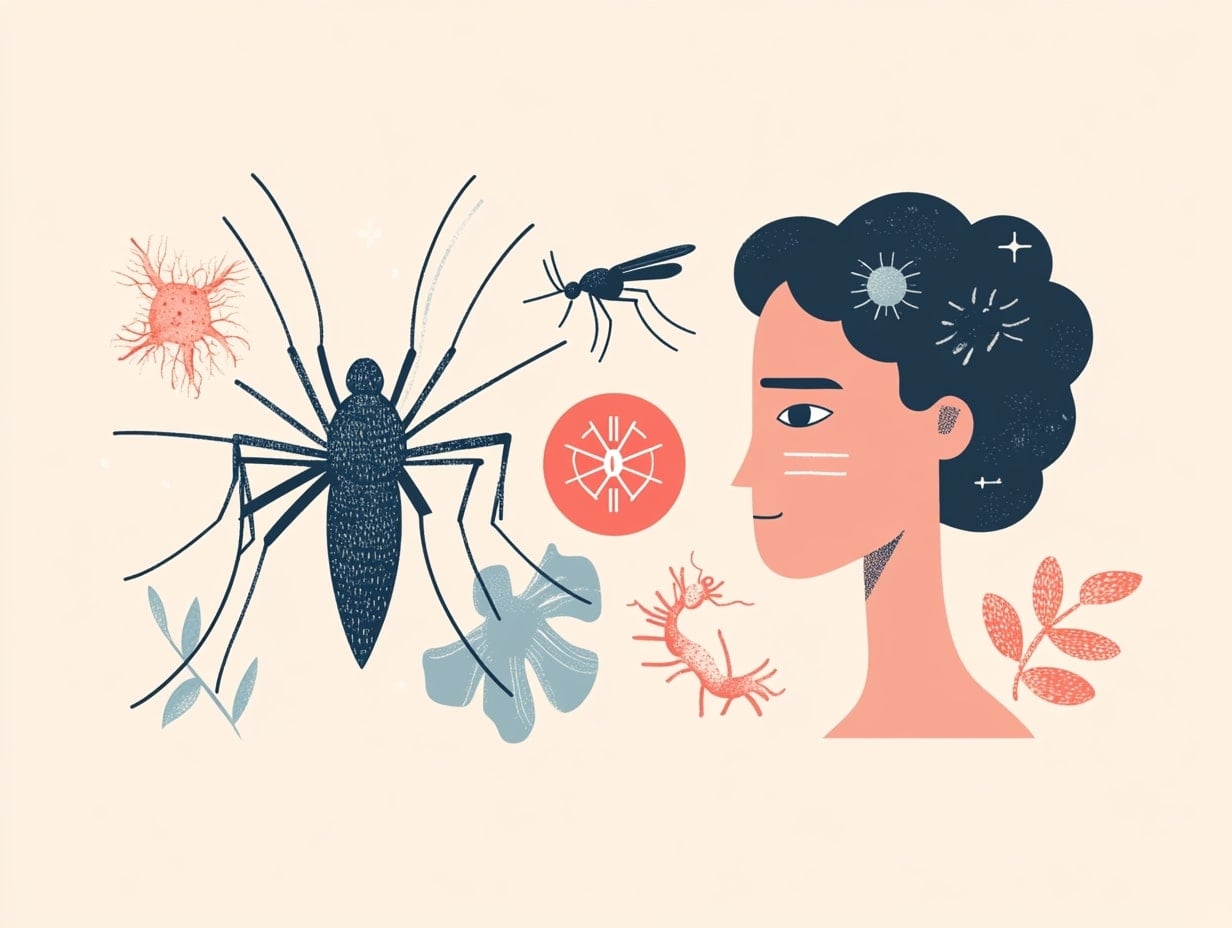Can You Get an STD from a Mosquito Bite? Facts and Myths
Jan 30, 2025
No, you cannot get an STD from a mosquito bite. STDs are transmitted through bodily fluids like semen, vaginal fluids, and blood - not through insect bites. Mosquitoes don’t carry the pathogens responsible for STDs, so the risk of transmission this way is non-existent.
Can You Get an STD from a Mosquito Bite?
The short answer is no, you cannot get an STD from a mosquito bite. Despite some widespread myths, mosquitoes are not responsible for transmitting sexually transmitted diseases. Here’s why:
Mosquitoes Don’t Carry STDs: While mosquitoes are capable of spreading certain diseases, such as malaria, Zika virus, and dengue, they do not transmit STDs like HIV, herpes, syphilis, or gonorrhea. STDs are caused by viruses and bacteria that require direct contact between individuals, usually through sexual activity or blood-to-blood contact.
The Transmission Process: When a mosquito bites you, it doesn’t inject blood or bodily fluids that could contain viruses like HIV. Instead, mosquitoes feed on blood to sustain themselves, but the virus (such as HIV) would have to be present in the mosquito's saliva or bloodstream, which it isn’t. HIV, for example, cannot survive or replicate inside a mosquito's body.
Vector vs. Direct Transmission: Insects that carry diseases like malaria or Zika virus work as vectors for those diseases, meaning they spread pathogens to humans without getting infected themselves. However, STDs need human-to-human transmission, often through sexual contact or blood exchange, not through insect bites.
How STDs Are Really Spread
While you cannot get an STD from a mosquito bite, it’s essential to understand the real ways STDs are transmitted:
Sexual Contact: STDs are primarily spread through vaginal, anal, or oral sex. During these activities, bodily fluids such as semen, vaginal fluids, and blood are exchanged, making it easier for the pathogens to spread.
Skin-to-Skin Contact: Some STDs, such as herpes and genital warts, are transmitted through skin-to-skin contact, even if no symptoms are present. This means that even touching an infected area can transmit the virus.
Blood-to-Blood Contact: Bloodborne STDs, like hepatitis B and C or HIV, can be spread through sharing needles or coming into contact with infected blood. This is why needle-sharing during drug use can lead to transmission.
The Importance of Safe Sexual Practices
To protect yourself from STDs, always practice safe sex by using condoms, getting tested regularly, and discussing sexual health openly with your partners.
Conclusion
You cannot get an STD from a mosquito bite. STDs are spread through direct contact, either through sexual activity, blood-to-blood contact, or skin-to-skin interaction. By understanding the real ways STDs are transmitted, you can take steps to protect your health and reduce the risk of infection.

Dr. Emily Carter
Dr. Emily Carter is a highly experienced sexologist with a passion for fostering healthy relationships and promoting sexual education. She actively supports the LGBTQ+ community through consultations, workshops, and awareness campaigns. Privately, she conducts research on how sexual education influences social acceptance.





